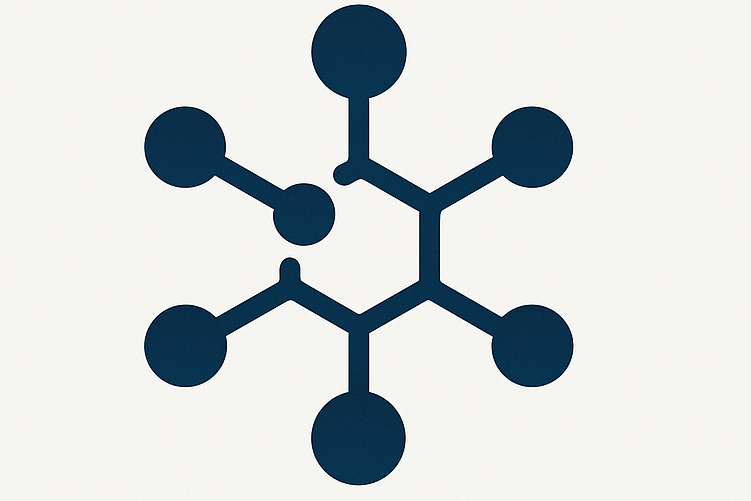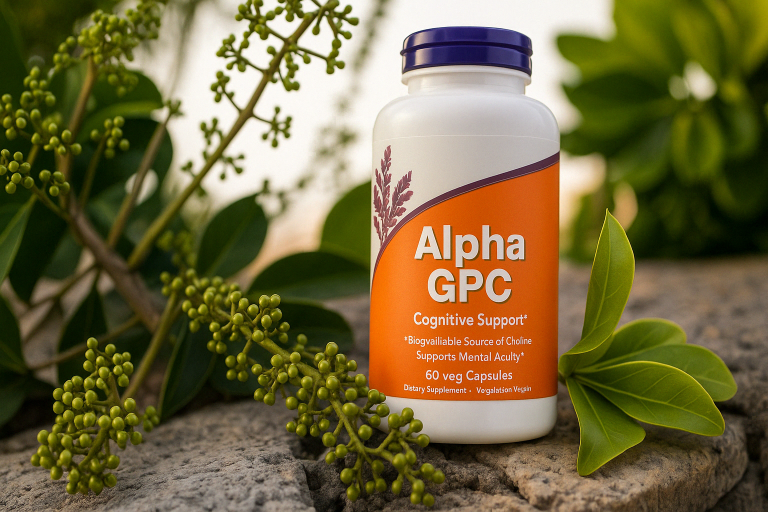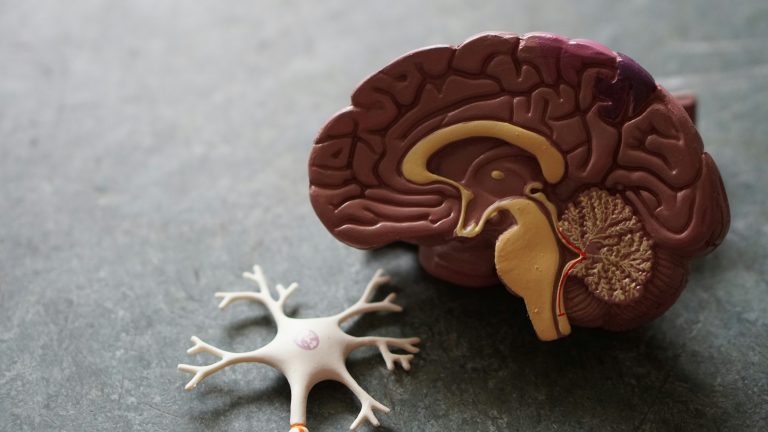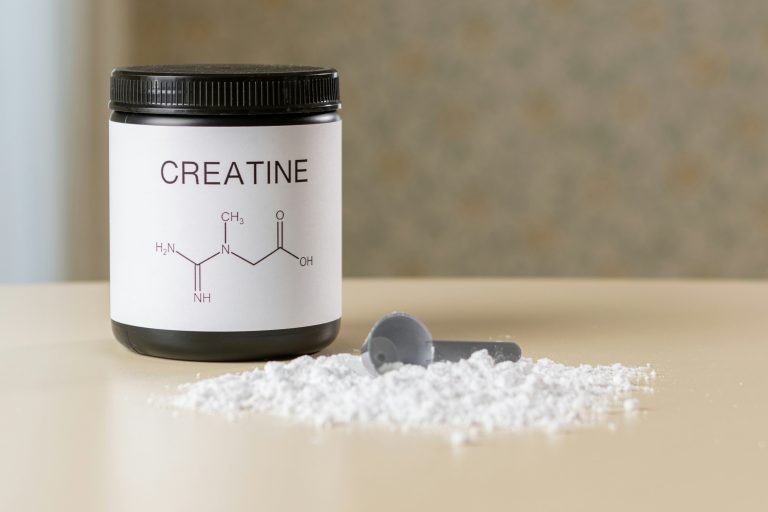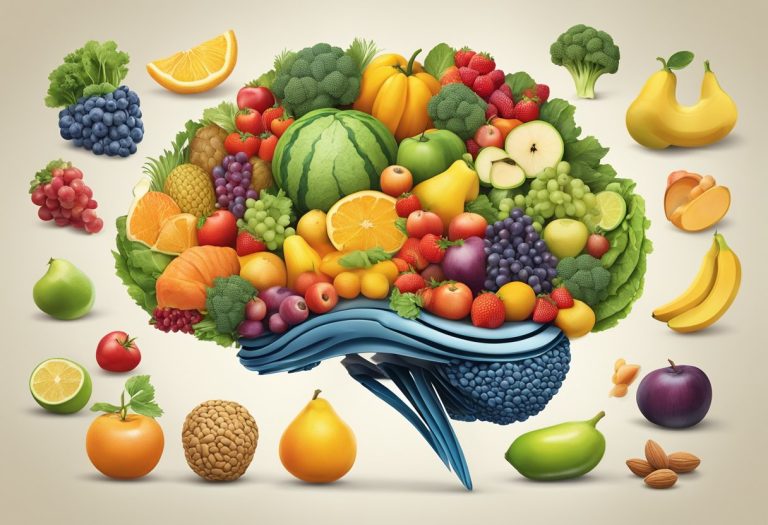L-Theanine and Caffeine Stack: Enhancing Focus and Calm

The combination of L-theanine and caffeine has gained attention for its potential to enhance focus and energy without the usual drawbacks of caffeine alone. This stack can lead to improved concentration and reaction time. It offers clean and smooth energy that helps reduce jitteriness and crashes.
By pairing these two compounds, individuals may experience better cognitive performance compared to using either substance on its own.

Many people turn to caffeine for a quick boost, but it often comes with jitters and a sharp drop in energy later. L-theanine, an amino acid found in tea leaves, can counteract these effects by promoting relaxation without drowsiness.
Together, they work synergistically, making this combination popular among those seeking sustained mental clarity and alert focus.
Research supports the benefits of this stack. Studies indicate it improves both speed and accuracy during cognitive tasks. Supplements featuring this blend, such as those advertised on Amazon, highlight its ability to provide steady, long-lasting energy.
This makes it a compelling choice for anyone looking to maximize their productivity and mental sharpness.
Background on L-Theanine

L-Theanine is an amino acid found in certain plants and fungi. It is known for its relaxing and calming effects and is often used in dietary supplements to enhance mental focus and clarity.
Chemical Properties of L-Theanine
L-Theanine is chemically known as gamma-glutamylethylamide. It is a non-protein amino acid similar in structure to glutamate, a neurotransmitter in the brain.
Due to this similarity, L-Theanine can interact with brain receptors, potentially impacting mood and mental alertness positively.
Its unique ability to cross the blood-brain barrier allows it to take effect relatively quickly. This amino acid can enhance alpha wave activity in the brain, which often results in a state of relaxed wakefulness.
Natural Sources of L-Theanine
L-Theanine is primarily found in various species of tea plants, particularly green tea. Matcha, a powdered form of green tea, contains high levels of this compound.
Additionally, yerba mate, a traditional South American beverage, holds L-Theanine, though in smaller amounts than green tea.
Apart from beverages, L-Theanine is available as a supplement in vegan capsules. This option allows those who do not consume tea to still benefit from its calming properties.
It is favored in nootropic stacks, where it is often paired with caffeine to balance the jittery effects typical of caffeine intake.
Understanding Caffeine

Caffeine is a widely consumed stimulant found in various foods and drinks. It is known for its effects on energy levels, focus, and overall alertness. This section explores how caffeine impacts the body and where it is commonly found.
Effects of Caffeine on the Body
Caffeine stimulates the central nervous system, leading to increased alertness and reduced feelings of fatigue. It works by blocking the action of adenosine, a brain chemical that promotes sleep. This leads to the release of other neurotransmitters, such as dopamine and norepinephrine, which enhance alertness and concentration.
Regular consumption of caffeine can boost energy and improve overall mood. It can also increase heart rate and blood pressure temporarily.
While moderate use may benefit cognitive performance, excessive intake can lead to restlessness and anxiety.
Caffeine’s effects vary based on individual tolerance. Some people may experience a more noticeable boost than others.
It is important to be mindful of daily intake levels, as overconsumption may lead to dependency and withdrawal symptoms.
Common Sources of Caffeine
Caffeine is found in a variety of beverages and foods. Coffee and tea are the most popular sources, with tea variants like yerba mate offering unique flavors and levels of caffeine. Yerba mate is a herbal drink from South America known for its energy-boosting properties.
Soft drinks and energy drinks also contain significant amounts of caffeine. Many people enjoy chocolate and dark chocolate in particular, as they contain small amounts of caffeine as well.
Over-the-counter pain relievers and weight loss supplements may contain caffeine too, due to its stimulating effects.
Checking product labels for caffeine content can help manage consumption and avoid unintended high doses.
The Synergy of L-Theanine and Caffeine Stack
The combination of L-theanine and caffeine has gained attention for its potential to enhance cognitive functions. Many studies have assessed how these substances work together to improve mood and mental performance.
Scientific Studies on the Combination
Research frequently highlights the unique synergy between L-theanine and caffeine. In one study, participants experienced enhanced cognitive performance when ingesting 50 mg of caffeine and 100 mg of L-theanine together.
This mix was found to improve attention and reaction time more than caffeine or theanine alone. Such studies show that these two compounds can complement each other effectively by balancing stimulation and relaxation.
Another trial confirmed these results, revealing that this nootropic stack may result in prolonged focus and improved task accuracy. Research presented at multiple conferences supports the observation of reduced mental fatigue alongside enhanced alertness.
Such findings emphasize the promising role of this stack in boosting productivity and overall mental performance.
Benefits of L-Theanine and Caffeine
L-theanine, an amino acid found in tea leaves, has calming properties which can reduce the jitteriness often caused by caffeine. Caffeine, on the other hand, is a stimulant that increases alertness and energy. Together, they create a balanced state, offering the calm focus needed for demanding tasks.
In practical situations, the L-theanine and caffeine stack may help those looking to reduce stress while maintaining high concentration levels. Studies show that using this combination can improve attention span and cognitive tasks for hours.
This synergy is particularly appealing for students and professionals aiming to boost mental performance without the common crash associated with caffeine alone.
L-Theanine and Caffeine Stack in Nootropics
The combination of L-Theanine and caffeine is popular in the world of nootropics. These substances are often used together for their ability to enhance focus, increase attention, and boost cognitive performance. This section explores their properties and how they are commonly used in nootropic stacks.
Nootropic Properties of the Combo
L-Theanine is an amino acid found in tea leaves. It promotes relaxation without causing drowsiness. Caffeine is a well-known stimulant that boosts energy and alertness. When combined, this duo provides balanced cognitive support.
Research shows that the combination improves attention and mental clarity. The synergy between L-Theanine and caffeine leads to better mood and focus compared to caffeine alone. Together, they can enhance cognition, making them ideal for studying or demanding tasks.
Popular Nootropic Stacks with L-Theanine and Caffeine
Many supplement brands offer this nootropic stack for its balanced effects. Different products may vary in their ratios of L-Theanine to caffeine, with some standard forms including 100mg of caffeine and 200mg of L-Theanine.
These amounts are thought to provide optimal benefits without the jitteriness often associated with caffeine.
Some popular supplements like Mind Lab Pro make good use of this pairing. Users appreciate the smooth energy boost, mood enhancement, and increased mental performance.
Dosage and Administration
When combining L-theanine and caffeine, getting the dosage right is essential to maximize benefits like improved focus and reduced jitteriness. Understanding the common forms and recommended dosages can help achieve an effective synergy.
Recommended Dosages for Synergy
A common ratio for combining these two compounds is a 2:1 balance, with twice as much L-theanine as caffeine. For example, pairing 200 mg of L-theanine with 100 mg of caffeine can enhance alertness while reducing potential side effects from caffeine, such as nervousness or increased heart rate.
Studies show that a smaller amount, such as 97 mg of L-theanine paired with 40 mg of caffeine, can still improve focus.
In practical terms, individuals often take these in pills or supplements designed to provide this specific ratio.
It’s important to adjust the amounts according to personal tolerance and desired effects. Always start with a lower dose to assess how the body reacts before gradually increasing.
Various Forms of L-Theanine and Caffeine
L-theanine and caffeine are available in different forms, including capsules, tablets, and bulk powder.
Capsules and tablets offer convenience and precise dosing, often combined in products specifically formulated for mental clarity and focus. They are easy to administer and eliminate the need for measuring.
Bulk powders can be more cost-effective but require careful measuring to ensure accurate doses. This form allows more flexibility in adjusting the ratio to personal preference.
L-theanine is water-soluble, so it can also be mixed with beverages, such as coffee or tea, to create tailored combinations.
When choosing a form, consider ease of use, dosage accuracy, and personal habits or preferences.
Considerations and Precautions
Combining L-theanine with caffeine can improve focus and mood, but it’s important to understand how this stack might affect different people. The following explores potential side effects and interactions with other substances.
Potential Side Effects
L-theanine and caffeine can be safe when used responsibly, but high doses might cause issues. Common side effects include jitteriness, anxiety, and headaches. These are more likely if a person takes too much caffeine.
Some people may experience stomach upset or insomnia. This usually happens when sensitive individuals consume caffeine late in the day. L-theanine usually helps to reduce caffeine’s jitters, but taking in excess might still cause discomfort.
It’s also critical to consider individual tolerance levels. While some might feel energized, others could encounter increased heart rate or restlessness.
It is generally advised to start with lower doses and increase gradually to find a balance that minimizes side effects.
Interactions with Other Substances
Before combining L-theanine and caffeine with other substances, one should consider possible interactions.
For instance, consuming these alongside other stimulants could lead to amplified effects, such as heightened alertness or increased blood pressure.
Sharing caffeine with alcohol can mask how intoxicated a person feels, potentially leading to overconsumption of alcohol.
Care should also be taken if any medications that affect the central nervous system are being used, as they could amplify or dampen the effects of caffeine and L-theanine.
Consider consulting a healthcare professional, especially if taking medications or supplements that might interact with this combination. This can help ensure safety and optimal results from using the L-theanine and caffeine stack.
Consumer Information
Choosing the right L-theanine and caffeine stack involves understanding key factors like supplement quality and cost. These aspects play a significant role in selecting the most beneficial and economical options for consumers.
Finding Quality Supplements
When looking for a good L-theanine and caffeine supplement, it’s crucial to check the product’s ingredient list. Ensure that the supplement contains the desired amounts of L-theanine and caffeine.
High-quality supplements should come from reputable brands known for their rigorous testing and ingredient transparency. It’s also important to consider whether the product is third-party tested, ensuring it meets safety standards and contains no harmful additives.
Reading customer reviews can provide additional insights into the effectiveness and quality of the product. Look for feedback specifically highlighting cognitive benefits or energy boosts without jitters.
Price Considerations and Value
When examining cost, consider that higher-priced products do not always guarantee superior quality.
Often, the price depends on factors like brand reputation, packaging, and production methods.
Consumers should calculate the cost per serving to better understand the value they are getting.
For example, pills or chews may differ in price but offer similar benefits depending on dosage.
Looking for bulk purchase options or subscription deals can save money over time.
It’s key to weigh the cost against potential health benefits, ensuring the supplement provides a worthwhile investment.
Readily available products like those found on Amazon might offer a good starting point for comparison.
